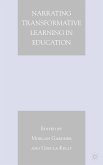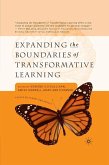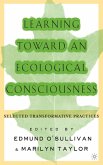Dieser Download kann aus rechtlichen Gründen nur mit Rechnungsadresse in A, B, BG, CY, CZ, D, DK, EW, E, FIN, F, GR, HR, H, IRL, I, LT, L, LR, M, NL, PL, P, R, S, SLO, SK ausgeliefert werden.
"Durst takes us inside the Dewey School classrooms and the teachers' meetings and explores the challenges, rewards, and occasional frustrations of putting Dewey's pedagogical theories into practice. This book is particularly impressive in bringing to light some of the implications of Laboratory School teaching for contemporary educators. I have met many teachers who have read Dewey and believe he has something important to offer them, but wish they had some more concrete idea of what 'Deweyan teaching' and a 'Dewey school' would look like. Durst provides just this sort of thing. The interest in this project lies then as much in the lessons it will afford today's teachers as in the rewards it will offer to students of a crucial episode in our educational past. Durst's bookseems to me to belong on a short list of texts one would want to hand someone who asks why John Dewey still matters." - Robert Westbrook, Professor of Education History, University of Rochester and author of John Dewey and American Democracy
"Through the correspondence of four Dewey School teachers - Anna Camp, Katherine Camp, Althea Harmer, and Mary Hill - Durst offers readers a close look at how the curriculum, pedagogy, administration, and intellectual community of the experimental school was constructed collectively through a reflective approach of trial and error. . . This is a beautifully crafted study." - History of Education Quarterly









